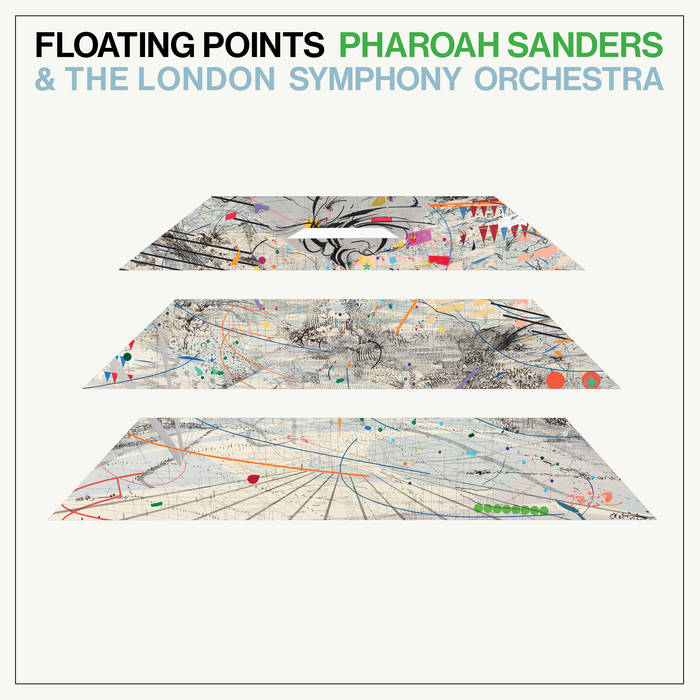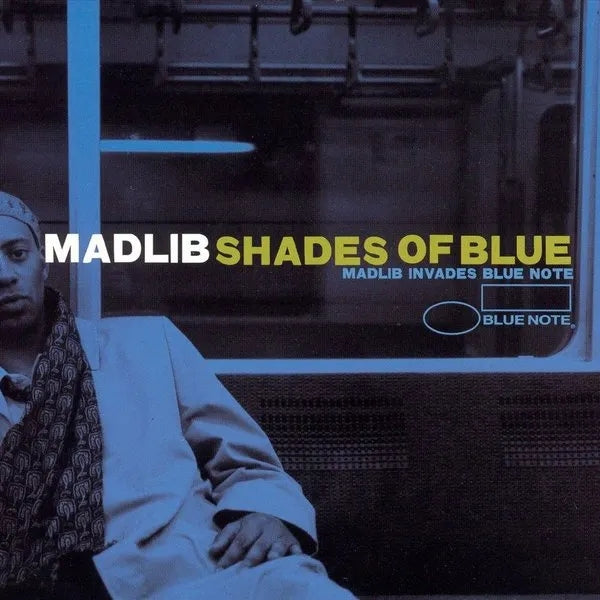Edward Larry ‘Laraaji’ Gordon’s life drastically changed when he decided to pick up a Zither. An instrument that would take him from aspiring actor to spiritual master.
Born in Philadelphia in 1943, Edward Larry Gordon began playing violin, piano and trombone from a young age. This path led him to study composition and piano at Howard University.

It was only until Gordon arrived in New York City that his life drastically changed. Gordon upon his arrival pursued a career as a stand-up comedian and actor. He was featured in a Robert Downey Sr product called Putney Swope, an infamous satire on race and advertising. But Before too long, Gordon returned to music, playing keyboard in a jazz-rock band called Winds of Change.
Spending time in the New York downtown scene, Gordon became more entranced by Eastern Mysticism. This interest in Eastern philosophies began to consume his life. Around this time, when exchanging his guitar for rent money, Gordon noticed a flat multi-stringed instrument, known as a zither in his local pawn shop. Gordon knew immediately that he should buy it: ‘This inner guidance within me – this beautiful, clear, loving guidance – said, ‘Don’t take the money, swap the guitar for the autoharp in the window’,”. When he got home, Gordon began to manipulate it: adding pick-ups, and effects pedals, removing the chord bars, and experimenting with different sticks to play the instrument. The combination of the zither and his new understanding of the world, Gordon decided to start afresh. He named himself Laraaji Venus Nadabrahmananda, Laraaji for short and dedicated himself to mastering the zither. He began to busk across New York, regularly playing Washington Square Park. Here he would improvise with his eyes closed for hours on end.

Consequently, Laraaji and his autoharp were booked to play meditation centres, yoga classes and spiritual conferences across America. After one performance, a participating lawyer paid for Gordon to record in his studio in 1978, cutting two 24-minute pieces that treated the autoharp’s shimmering tones with effects pedals. These compositions comprised Laraaji’s debut album, Celestial Vibration.
A year went by when one day Brian Eno walked through Washington Square Park and was so impressed he dropped his number into Laraaji’s bucket. Soon enough, Laraaji was featured on Brian Eno’s Ambient 3: Day of Radiance. The international exposure led to requests for longer versions of his compositions for mediation groups and he began studying with various gurus across America.
Laraaji will be 81 this year. With over 50 albums to his name, he shows no signs of slowing. He hosts Laughter Mediation workshops and a weekly radio broadcast demonstrating how laughter has the power to “ventilate… your system.” Laraaji has been a positive force in a world fighting for your attention. His spell-biding, spiritual and improvisational music has worked to slow down and refocus your attention. And now the original tapes have recently been unearthed and reissued on the Numero Group.







